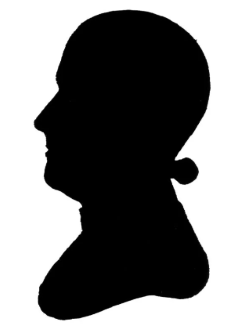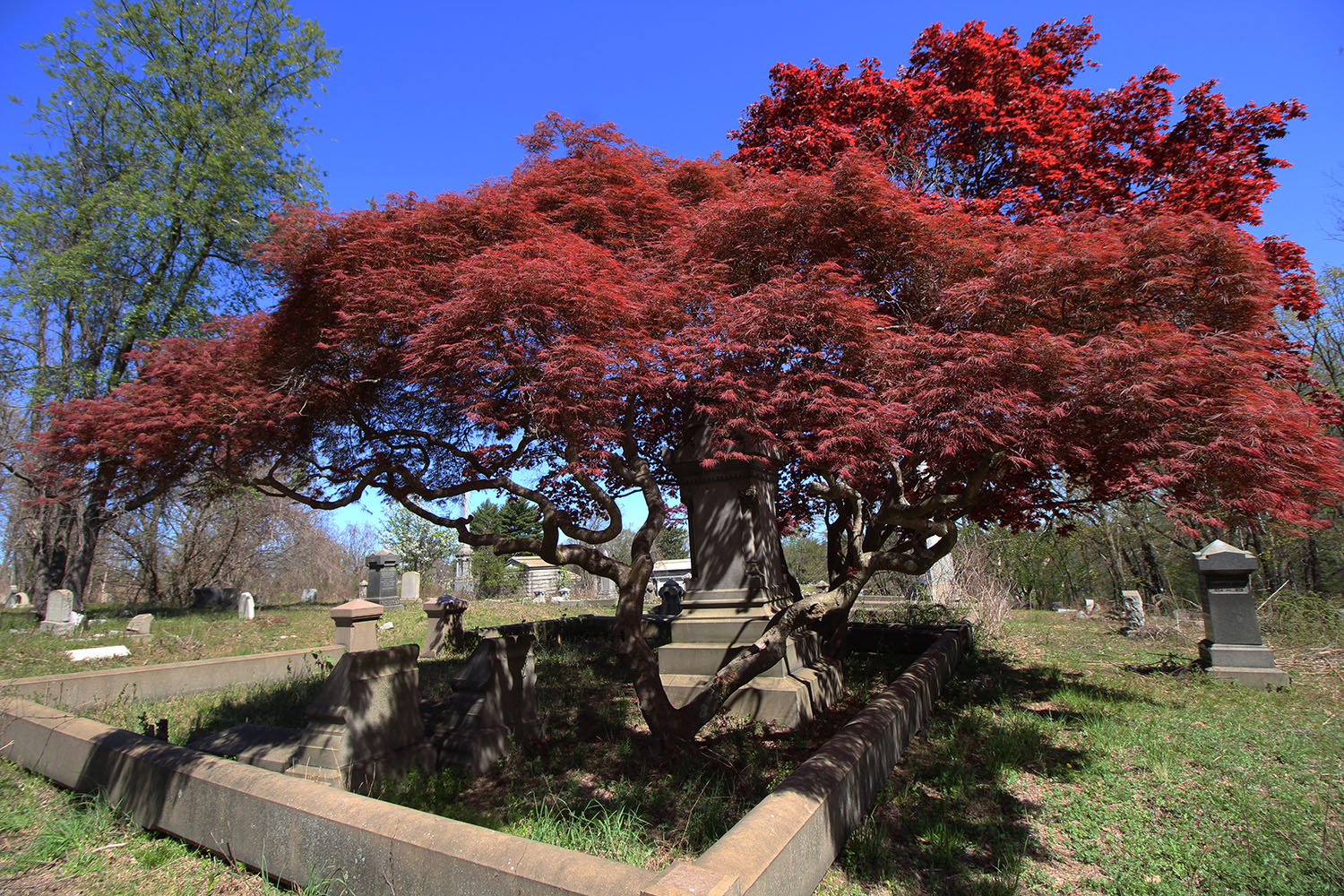Title: Baptist pastor
Birthdate: August 30, 1753
Death Date: April 18, 1803
Plot Location: Section 112, First Baptist Church plot

The Ustick family lived in New York City during the Colonial era, where Thomas was one of five children. He was named after his grandfather who was originally from Cornwall, England.
At age 14 he began attending Rhode Island College and was in the third class to graduate from the Baptist school in 1771. Thomas returned to New York to teach and continue his theological studies on his own. There he married Hannah Whitear who began her own busy career as a mother, bringing forth 15 children over the next 24 years.
Thomas took his first pastorate at the Baptist church in Stamford, Connecticut in 1775, followed by one in Ashford, Connecticut from 1776-79 and another in Grafton, Massachusetts. These were the Revolutionary War years in New England when this young preacher fought, not on the field, but from the pulpit. He was known for his sermons that encouraged his fellow New Englanders to remain strong in their struggle with the British.
In 1782 the family settled in Philadelphia where Thomas answered a call to pastor the First Baptist Church. The man who preached on Sunday was also a bookseller and librarian on weekdays out of a need to support his growing family.
During his time there, the nation’s capital had its temporary home in Philadelphia, so the church extended hospitality to each member of the three branches of government. Legislators from the outlying states found lodging here and found temporary church homes as well. One representative from North Carolina, Nathan Bryan, died while Congress was in session, and was buried in the First Baptist burial ground.
The church also extended its outreach to other parts of the city. In 1789 it gave birth to its first daughter church, Roxborough Baptist. The same year that Thomas died in 1803, Second Baptist Church was organized in the Northern Liberties section.
As the senior minister of the church he also served in an ex officio capacity as a trustee of the University of Pennsylvania from 1784-1791. There he worked with someone he knew from Rhode Island College, William Rogers. He was the school’s first student, graduating two years ahead of Thomas. He had also been the pastor of First Baptist from 1772-75 and taught English Literature at  Penn from 1789-1811.
Penn from 1789-1811.
When a yellow‐fever epidemic struck Philadelphia in 1801, Thomas moved his family to Burlington, New Jersey. It may have been the fever or some other disease that caused the pastor to resign shortly before his death at age 49. He was buried in the church graveyard, and his friend, William Rogers, stepped in as interim pastor for more than two years afterward.

Support the Friends of Mount Moriah
Help us in our mission to restore and maintain the beautiful Mount Moriah Cemetery by donating to our cause or volunteering at one of our clean-up events.

